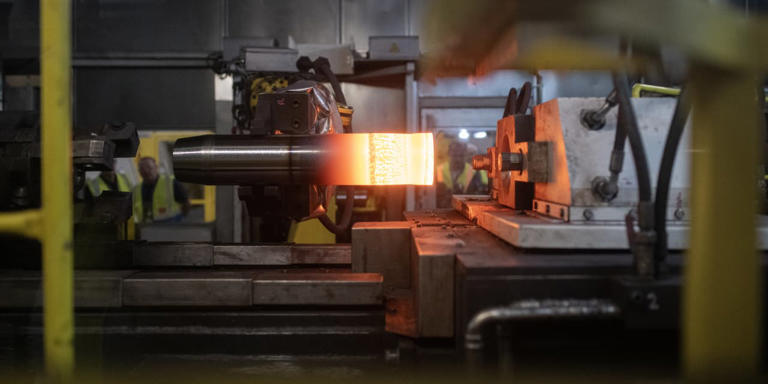Goldman Sachs analysts, led by Kamakshya Trivedi, suggest that investors could benefit from shifting away from risk-averse strategies and adopting more pro-risk approaches. This recommendation stems from a perceived shift in the global economy that could provide a short-term boost to cyclical equities, foreign exchange (FX) markets, and non-U.S. stocks.
The analysts highlight two key factors driving this potential shift: a slowdown in U.S. inflation and an upswing in the global manufacturing sector. They argue that this combination could create a more “risk-supportive” investment environment. This environment would particularly benefit companies whose performances are closely tied to the state of the global economy, such as sellers of luxury goods, car manufacturers, home builders, airlines, and semiconductor makers.
Furthermore, stocks of small-capitalization U.S. companies, European firms, and companies based in emerging markets outside of China could also experience a boost in this more risk-friendly environment. This could occur due to a potential broadening of economic growth beyond the United States.
Goldman’s analysts note that the alleviation of U.S. inflation concerns and positive global cyclical news could both contribute to this “risk-supportive” environment. If these factors align, they believe there could be a short-term tailwind for cyclical equities, FX markets, and non-U.S. equity markets.
They further explain that although markets initially adjusted their expectations for interest rate cuts in 2024 following the release of higher-than-expected U.S. inflation data, Goldman’s economics team anticipates that inflation will continue to decline throughout the year.
Goldman Sachs analysts also highlighted several indicators pointing to an upturn in the global manufacturing sector. They noted strong January purchasing manager surveys and signs that manufacturers are beginning to reduce inventories accumulated during the COVID-19 pandemic. This upturn is attributed to supportive financial conditions and robust spending in the U.S. economy.
The analysts reiterated their belief in the resilience of U.S. growth and the trend of declining global inflation. They see these factors as continuing to provide tailwinds for risk assets, despite the elevated levels of the market.
Moreover, the analysts suggested that the boost could extend to global markets. They pointed out that European markets have shown strong gains this year, even without support from artificial intelligence software, while Japan has seen significant gains in 2024. This broader market performance suggests that the recent market movement has been more widespread than commonly perceived.
Furthermore, an improvement in the global manufacturing cycle could have positive implications for both G10 country and emerging market currencies, regardless of the strength of the U.S. dollar. The analysts anticipate that this could lead to a broad-based boost in currencies across different regions.
